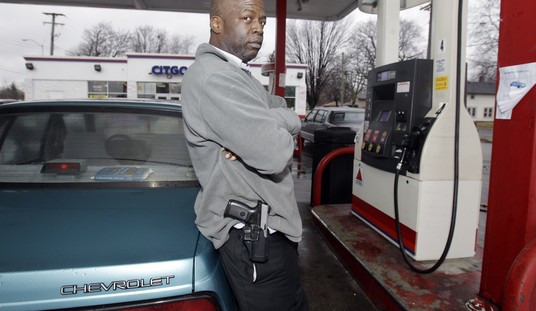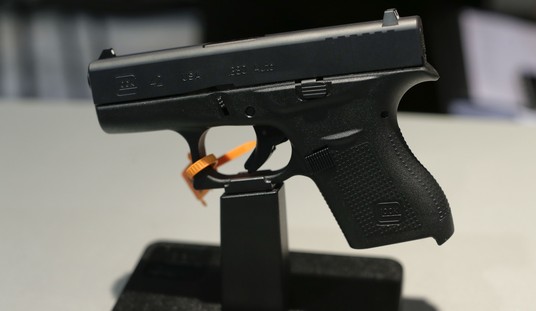It was the spring of 1971 and Captain Larry McNamara, one of my advisors to the South Vietnamese Army (ARVN), and I were sitting across from each other on a hot, sparsely covered jungle hillside sipping bitter Vietnamese tea. In between us was a fold-up wooden military campaign table.
My other advisors sat silently apart from us under a clump of pine trees pretending not to be eaves dropping on our conversation. They were cleaning and oiling their weapons, preparing for combat, deep in the jungle. Occasionally their eyes wandered toward us.
A week before, Larry had been deserted and left to die out in the jungle by the Fourth ARVN Battalion commander, Major Uy. Uy was a first class coward and Larry’s returning alive was an embarrassment to him. If Larry had died as Uy intended, Uy could have fabricated a story about the fighting having been so intense that he and Mac had been forcibly separated and he had risked his own life trying to find him.
But because Larry had defied all of the odds and come back alive, Uy was forced to explain why they had become separated. According to Uy’s version of events, he had become so deathly sick that he was unable to lead his battalion. So he was forced to make his way back to the rear to find medical help. Most of the other ARVN officers and senior sergeants had followed him. Larry had ended up commanding the encircled ARVN remnant and was able to lead them to safety.
“Larry,” you’ve studied the plan and you know that we’re committing every available combat unit to this fight.”
“Yes, and you want me to go back out with the Fourth Battalion again. Is it still commanded by that coward, Uy?”
“Yes it is,” I said.
“Colonel, you know as well as I that at the first shot fired, he will turn tail and run and the battalion will fall apart, just like it did last week.” He was stating simple, unemotional fact.
After a long pause he added, “If I go, I won’t come back. The North Vietnamese Army won’t let me get away twice.”
“I know,” I replied looking away, feeling pain deep down inside. “Do you want me to go in your place?”
“No,” he countered sharply. “You’ve got your job to do and I’ve got mine.”
Simultaneously we pushed our metal folding chairs back, stood, and shook hands. “Goodbye, Colonel,” he said. “We won’t meet again … at least not in this life. Write my wife, tell her I love her.” I nodded and he was gone.
Several hours later, over the radio came Mac’s voice screaming, “I’m hit … I’m hit … in both legs … real bad. The ARVN are deserting me … leaving me to die here in the jungle … Can you do anything to help me? Unfortunately there were no American units in the area, the jungle was too dense for a helicopter to land, and I was fresh out of miracles; still I prayed for one while my insides churned in frustration at my impotence.
“Well let’s just say I called to say good bye.” Mac quipped. Then he shouted, “The ARVN are jerking the radio out of my hands.” It was his last transmission.
Later we were able to get some American units to sweep the area but they found no trace of him. Then I was making my way from the new command post to my jeep when one of my sergeants ran out of the corrugated tin building shouting. He was a tall, brusque, square shouldered man who brooked no nonsense and no half measures. Waving both arms over his head he shouted, “Sir, they’ve picked up Captain Mac!”
Stunned, I froze in mid-stride. On the command radio was an Army aviation gun-ship commander. “Your captain is on board one of my ‘Slicks.’ It is a positive ID; I repeat, this is a positive ID.”
“Tell me about his condition,” I asked.
“Sorry, don’t have time … too much going on … we’ll drop him off at the Army hospital in Kontum.”
The next morning my boss loaned me his helicopter and I flew back to the hospital.
“I’ve got gangrene in both legs and I’m going to lose them,” he said. “When the ARVN left me to die; they stripped off my watch and wedding ring and stole my wallet. Please try to get them back for me.” I nodded.
On the way out I talked to Larry’s surgeon, a bone- weary Army major who had operated on too many wounded for too long. “Both legs have to go,” he said matter-of-factly. “This guy is lucky to be alive. One leg gets cut off above the knee. The other gets cut below the knee.”
The following day I radio-telephoned the hospital and was told that Mac’s condition was significantly improved, he would lose only one leg, he had been air-evacuated back to the United States, and the operation would be performed there.
Several years later I met Major McNamara in Bremerhaven, Germany during a NATO maneuver exercise. Both his feet and legs were functioning fine. Oh yes, I did manage to locate his wedding ring, watch and wallet and mail them to him.
Just before I left South Vietnam the South Vietnamese Colonel to whom I was an advisor asked me this question, after a long and introspective dinner conversation.
“How does your country create people like you and Captain McNamara?” Probably it is a question that all veterans ponder from time to time.








Join the conversation as a VIP Member